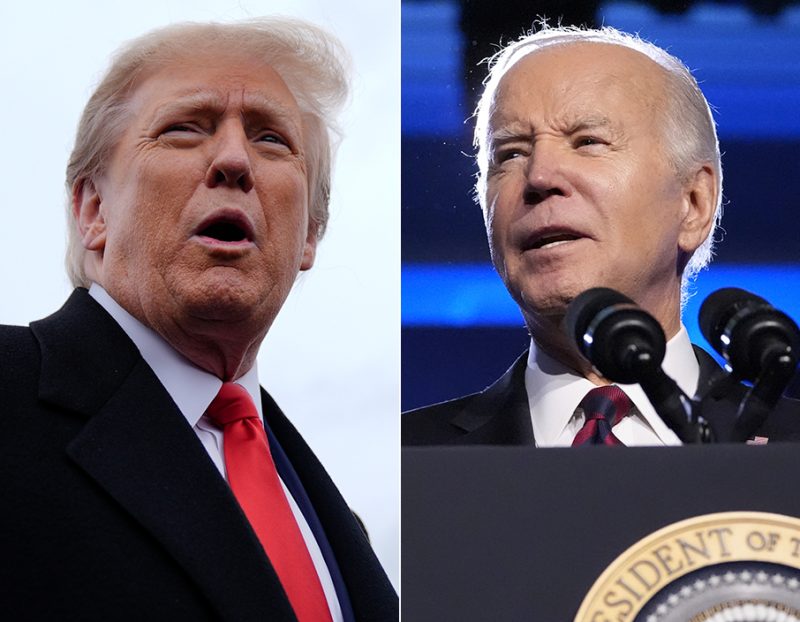Section 1: The Electric Vehicle Revolution
The world is on the brink of an electric vehicle (EV) revolution, with countries around the globe pledging to reduce their carbon emissions and transition to cleaner and more sustainable modes of transportation. In the United States, the topic of EVs has become a point of contention, particularly between the two major political parties. With the 2020 presidential election looming, the differences between the Trump administration and the Biden campaign regarding EVs are becoming ever more apparent.
Section 2: Trump’s Approach to EVs
During his presidency, Donald Trump took a more skeptical approach towards the EV industry, often expressing doubts about their feasibility and overall impact. His administration rolled back fuel efficiency standards put in place by the Obama administration, which had aimed to increase the adoption of electric vehicles. Trump argued that these standards were burdensome to car manufacturers and would result in higher vehicle prices. Additionally, his administration attempted to eliminate the federal tax credit for EVs, which provided an incentive for consumers to purchase these vehicles.
Section 3: Biden’s Plan for EVs
On the other side of the aisle, Joe Biden has expressed strong support for the EV industry. His campaign has outlined an ambitious plan that aims to accelerate the adoption of EVs in the United States. Central to his strategy is the goal of achieving a carbon-free power sector by 2035, which would greatly reduce the environmental impact of transportation. Biden has proposed significant investments in research and development, manufacturing, and infrastructure to support the growth of the EV industry. He plans to restore and expand the federal tax credit for EVs, making them more accessible and affordable to consumers.
Section 4: China’s Influence and Threat
Beyond the domestic debate, China’s role in the EV market is a crucial consideration. Currently, China holds a dominant position in global EV sales and production. The Chinese government has actively supported the industry through subsidies, infrastructure development, and regulations favoring EVs. This has allowed Chinese manufacturers to gain a competitive advantage in the global market. Additionally, China controls a significant portion of the world’s rare earth minerals, which are vital for the production of EV batteries. This puts the country in a strong position to influence the global EV supply chain.
Section 5: Contrasting Approaches
The differing approaches of Trump and Biden towards the EV industry have far-reaching implications. Under Trump, the focus was on deregulation and market forces to drive innovation and adoption. Biden’s plan, on the other hand, emphasizes government intervention, funding, and incentives to accelerate the transition to EVs. The success of Chinese manufacturers and their influence over the EV supply chain further highlights the need for a comprehensive national strategy.
Section 6: The Future of EVs in America
As the 2020 election approaches, it is clear that the future of EVs in America will be shaped by the next administration. The choice between Trump and Biden represents a fundamental difference in approach. Trump’s skepticism and rollback of regulations may slow down the growth of the industry, while Biden’s support and investment could propel the United States towards becoming a global leader in EV manufacturing and adoption. Moreover, both candidates must address the urgent need to reduce dependence on Chinese supplies and develop a domestic supply chain for EV production.
Section 7: Conclusion
The battle over electric vehicles and their role in combating climate change is a key issue in the 2020 election. While the Trump administration has expressed reservation towards EVs, the Biden campaign has put forth an ambitious plan to support and accelerate their adoption. China’s dominance in the EV market adds another layer to this discussion, emphasizing the need for American leadership in the industry. Ultimately, the path chosen by the next administration will shape the United States’ position in the global EV revolution and its ability to combat climate change effectively.



























